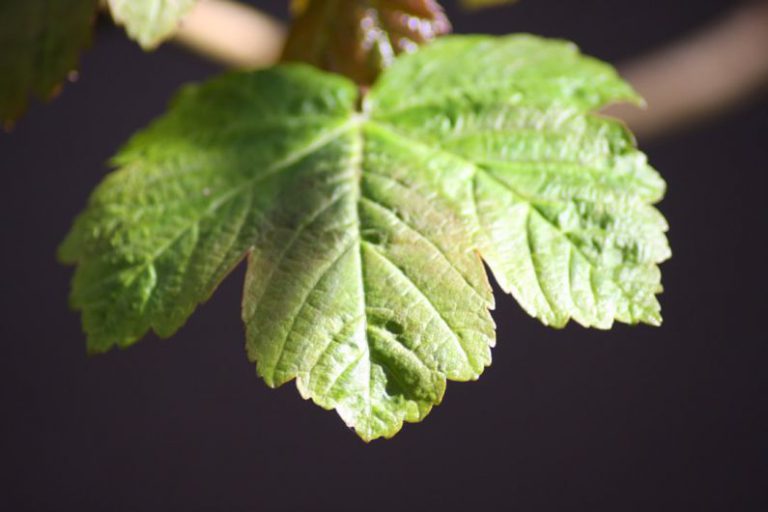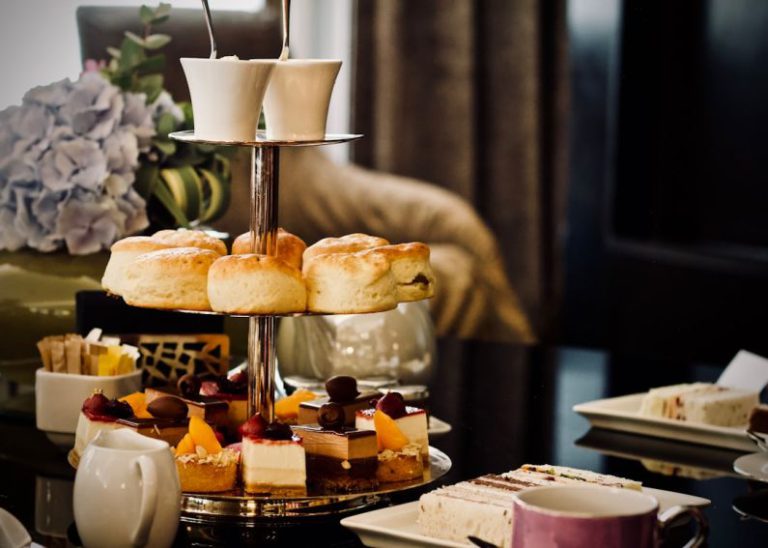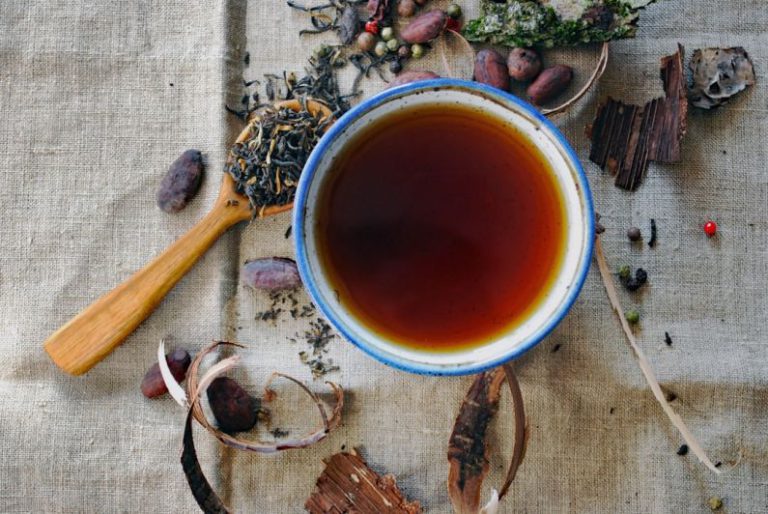Understanding Tea Strength Vs. Tea Flavor in Brewing
Brewing the perfect cup of tea can be a delicate art form that requires a balance between tea strength and tea flavor. Understanding the difference between the two is essential in achieving the desired taste profile in your cup. Tea strength and flavor are two distinct elements that can be controlled through various brewing techniques and factors. Let’s delve deeper into the nuances of tea strength versus tea flavor in brewing.
**The Basics of Tea Strength**
Tea strength refers to the intensity of the tea’s taste and aroma. It is influenced by factors such as the amount of tea leaves used, brewing time, water temperature, and brewing method. The strength of tea can range from light and delicate to strong and robust, depending on how these variables are manipulated during the brewing process.
**The Role of Tea Leaves in Strength**
The amount of tea leaves used in brewing plays a significant role in determining the strength of the tea. Using a higher quantity of tea leaves will result in a stronger brew, with more concentrated flavors and aromas. Conversely, using fewer tea leaves will yield a lighter and milder tea.
It is essential to strike a balance between the amount of tea leaves and the desired strength of the tea. Experimenting with different quantities of tea leaves can help you find the perfect ratio that suits your taste preferences.
**Brewing Time and Strength**
Brewing time also plays a crucial role in determining the strength of the tea. The longer the tea is steeped in hot water, the stronger the brew will be. However, steeping tea for too long can lead to bitterness and astringency, overpowering the delicate flavors of the tea.
It is recommended to follow the brewing instructions provided by the tea manufacturer or experiment with different steeping times to find the ideal balance between strength and flavor. Monitoring the brewing time closely will help you achieve the desired strength without compromising the taste of the tea.
**Water Temperature and Its Impact on Strength**
The temperature of the water used for brewing can significantly impact the strength of the tea. Different types of tea require specific water temperatures to extract the optimal flavors and aromas. For example, green tea is best brewed with water around 175-185°F, while black tea can withstand higher temperatures of 200-212°F.
Using water that is too hot can result in a bitter and astringent brew, while water that is too cold may not extract enough flavor from the tea leaves. It is essential to pay attention to the water temperature and adjust it according to the type of tea you are brewing to achieve the perfect balance of strength and flavor.
**Tea Flavor: The Essence of Taste**
While tea strength focuses on the intensity of the brew, tea flavor refers to the actual taste profile of the tea. Flavor is influenced by the type of tea leaves used, the processing method, terroir, and brewing techniques. Each tea variety has its unique flavor profile, ranging from floral and grassy notes to malty and earthy undertones.
**Balancing Strength and Flavor**
Achieving the perfect balance between tea strength and flavor is the ultimate goal of every tea enthusiast. By understanding how factors such as the amount of tea leaves, brewing time, water temperature, and brewing method affect the strength and flavor of the tea, you can tailor your brewing process to suit your taste preferences.
Experimenting with different brewing techniques and variables is key to discovering the ideal balance that brings out the best in your favorite teas. Whether you prefer a light and subtle brew or a bold and robust cup, mastering the art of balancing tea strength and flavor will elevate your tea-drinking experience to new heights.
**In Summary**
Tea strength and flavor are two essential elements that contribute to the overall tea-drinking experience. By understanding the differences between the two and how they can be controlled through various brewing techniques, you can tailor your tea brewing process to achieve the perfect balance of strength and flavor. Experimentation and attention to detail are key in mastering the art of brewing the perfect cup of tea that suits your individual taste preferences.






